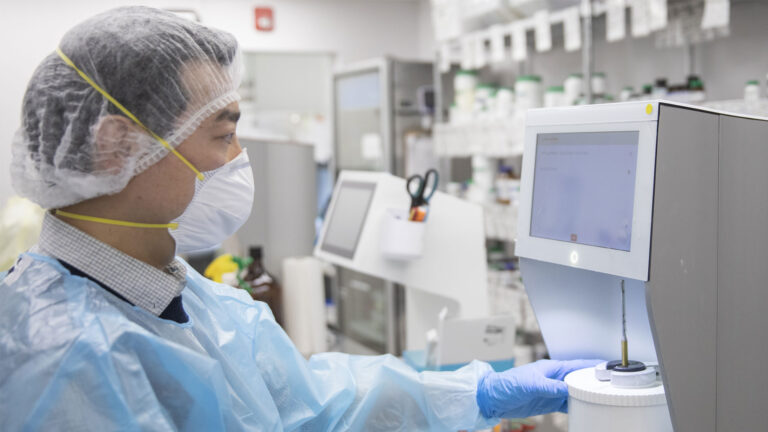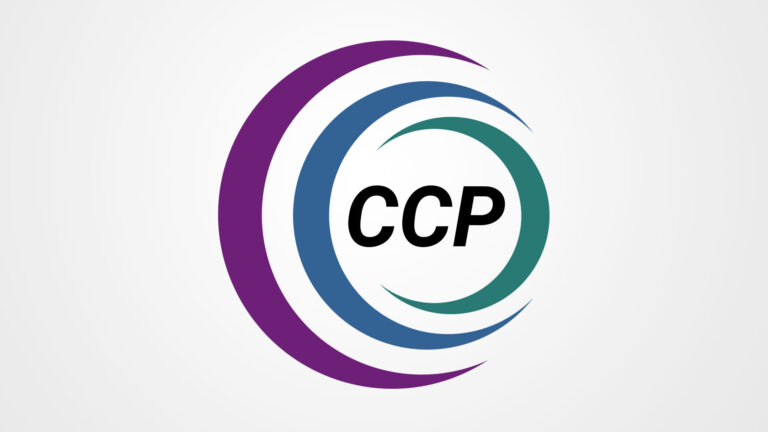
There are many distinct roles within the operation of community pharmacies. Licensees, staff pharmacists, pharmacy technicians, non-regulated pharmacy staff, and proprietor’s agents all need to work together for a community pharmacy to be successful in delivering quality care to Albertans.
Licensees and proprietor’s agents1 can benefit from learning more about their own roles and responsibilities—and each other’s—and how they work together.
That’s why ACP has teamed up with Queen’s University to develop our Licensee Education Program and Proprietor Self-Assessment. The program is designed to help pharmacists, licensees, and proprietor’s agents
- articulate the licensee’s and proprietor’s legal responsibilities, and ACP’s expectations when operating a pharmacy, particularly regarding the authority, responsibility, and accountability of licensees, in context with current legislation;
- use relevant resources to update and maintain knowledge about legislation and standards for operating a pharmacy; and
- develop understanding about the pharmacy licensee’s role: leader, manager, professional, and clinician.
The Licensee Education Program consists of two parts:
- Part A (available now) includes readings, peer conversation and reflection, and an online module. Part A of the program has been CCCEP-accredited for six continuing education units (CEUs).
- Part B (available September 1, 2020) will include a self-assessment and an online module. Part B will also be CCCEP-accredited learning.
The Proprietor Self-Assessment will be available September 1, 2020.
Program requirements
- Starting October 1, 2020, pharmacists applying to be a new licensee for a new or existing pharmacy must complete Parts A and B of the Licensee Education Program before a pharmacy licence will be issued. This applies even if the applicant has previous experience as a licensee.
- Although existing licensees are not required, but strongly encouraged, to complete both parts of the Licensee Education Program, all licensees must complete Part B of the program before applying to renew their pharmacy licence in 2021 (deadline May 31, 2021).
- Starting October 1, 2020, all proprietor’s agents must complete the Proprietor Self-Assessment as part of an application for a new pharmacy or an application for a change in proprietor. This applies even if the proprietor’s agent has previous experience as a proprietor’s agent. (If the proprietor’s agent is also a licensee and has completed Part B of the Licensee Education Program, the proprietor’s agent is not required to complete the Proprietor Self-Assessment.)
- While the program will become mandatory for licensees, all pharmacists are invited to enrol in the program in anticipation of one day applying to be a licensee. Pharmacy technicians are also welcome to enrol to gain a better understanding of the licensee’s roles and responsibilities.
Fees
- $250 for those enrolling in both Part A and Part B,
- $175 for those enrolling in Part B (If an individual wishes to add on completion of Part A at a later date, the cost applied will be an additional $75.), and
- $100 for those enrolling in the Proprietor Self-Assessment.
Whether you are new to your role or have years of experience, all licensees will benefit from an increased awareness and understanding about your responsibilities, and those of the proprietor. We encourage all licensees and any pharmacists interested in becoming a licensee to complete the Licensee Education Program. Part A of the Licensee Education Program is now available; we encourage you to start accessing this informative program now. This enhanced knowledge will contribute to safe, effective, and appropriate pharmacy care for your patients. It will also help ensure expectations of pharmacy proprietors, licensees, staff, and patients are met consistently.
1The proprietor’s agent is the individual who is either the owner or the designated representative of the owner(s) who fulfils the responsibilities and obligations of a proprietor in accordance with the Pharmacy and Drug Act (as per ACP’s Licensee vs. Proprietor’s Agent).




